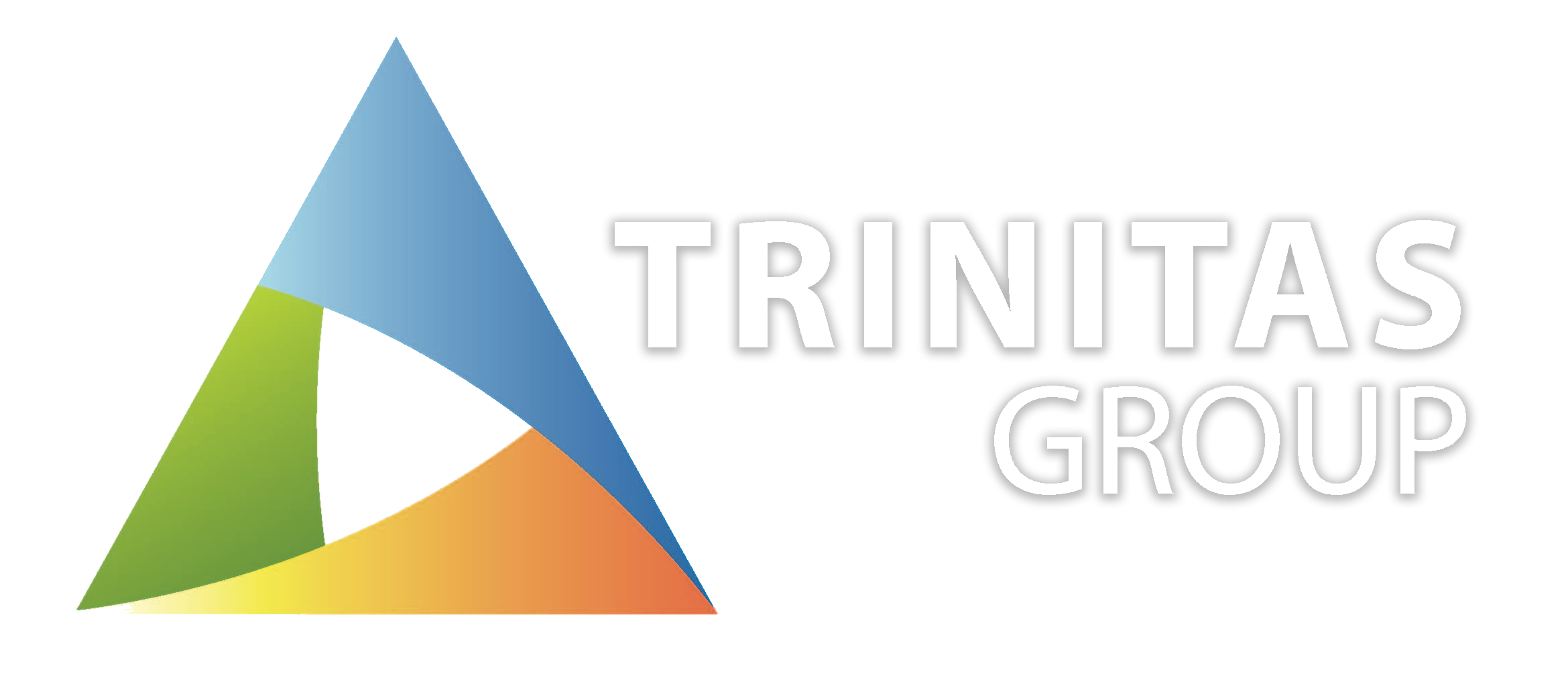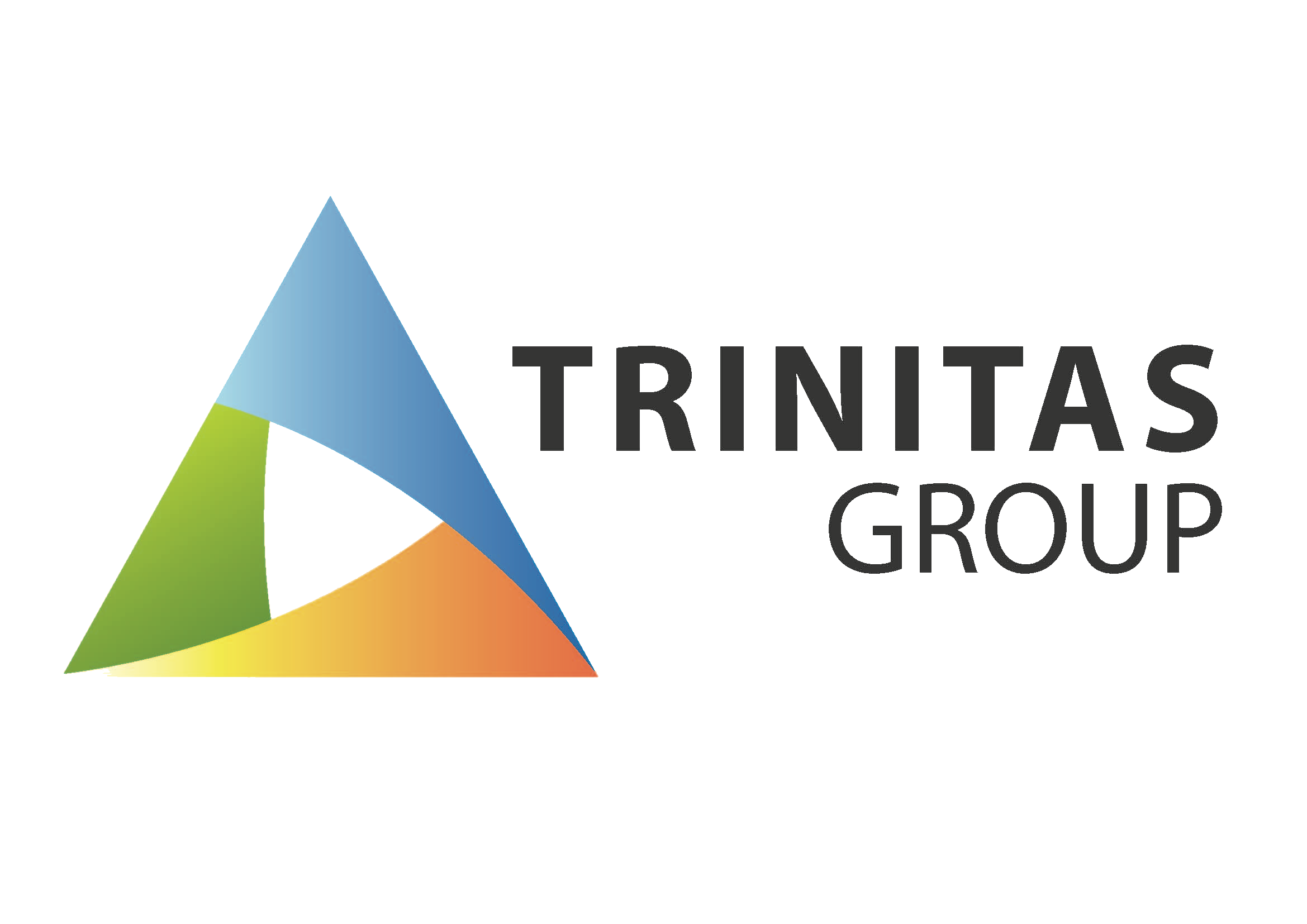The Master Builders Association ACT Branch and the Housing Industry Association have hit out at new legislative amendments regarding crystalline silica control measures that they believe will make worksites “more unsafe”.
The new changes are part of proposed amendments introduced by ACT Minister for Industrial Relations and Workplace Safety Mick Gentleman, and the two organisations have been providing feedback for Regulation 418B and 418C of the Work Health and Safety Amendment Regulation 2022 (No 1).
The regulation covers the uncontrolled dry cutting of crystalline-silica-containing materials and the effective control measures that are aimed at protecting workers from silica dust.
Correspondence obtained by the Canberra Weekly shows that the Master Builders Association had concerns about a perceived lack of consultation regarding the WHS model legislation and the practical realities of the prescribed regulations.
MBA ACT CEO Michael Hopkins said the ACT Government is “putting hundreds of building sites at risk of shutting down” and called on the minister, Mr Gentleman, to urgently review the regulation.
Mr Hopkins explained that the mandated use of water as a dust suppressant is unsafe, especially around electricity, and where it may create slip hazards for staff.
“It is unfathomable that government would ignore comments received from industry and proceed with legislation that actually makes worksites more unsafe,” he said.
“Attempts to engage with the Minister for Workplace Safety and Directorate responsible for drafting the Amendment Regulations have fallen on deaf ears.”
HIA executive director Greg Weller explained that the organisation had written to the minister and urged a halt to the legislation because the new regulations would be “impossible” to comply with and are “inconsistent with national safety rules”.
“The industry whole-heartedly supports the intention of preventing harm from this dangerous dust, however, the physical tools to comply with this strategy and use water simply don’t exist. The use of water in close proximity to electrical equipment will introduce unacceptable safety risks to workers,” Mr Weller said.
“While the government might say this is best practice and driven by safety concerns, it is inconsistent with the approach to managing this risk in the rest of Australia, and the world.
“HIA has requested the Minister change the regulations to align with the government’s policy to permit controlled dry cutting for specific products where water will create a risk.
“These tools can be made safe using other approved methods and should be allowed in the ACT as they are across the rest of Australia.”
A spokesperson Minister Gentleman’s office said that the government takes the risk of silica dust exposure “very seriously and will always prioritise the safety of workers”.
“The Minister for Industrial Relations and Workplace Safety Mick Gentleman is reviewing the silica dust regulation in light of recent feedback, including feedback received after the release of the Silica Dust Action Plan, released in April 2022, that was developed in consultation with construction industry stakeholders,” said the spokesperson.
“Measures that protect workers on construction sites and help the industry flourish will always be a priority for the ACT Government, that’s why a three-month exemption period on the enforcement of these regulations was created in the first place.”



